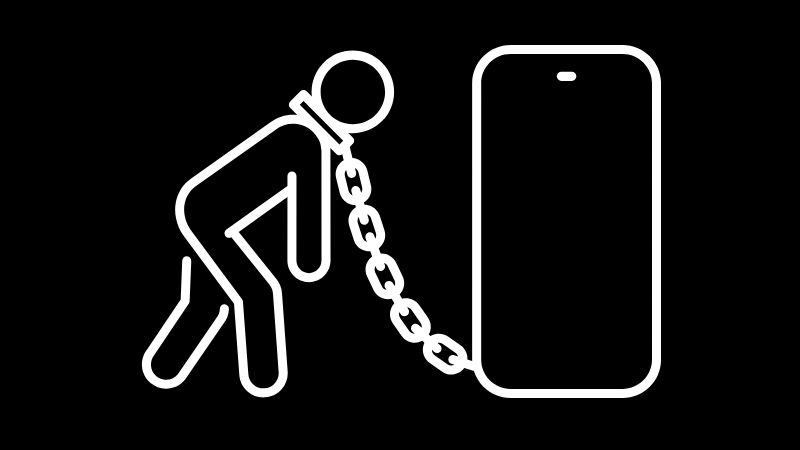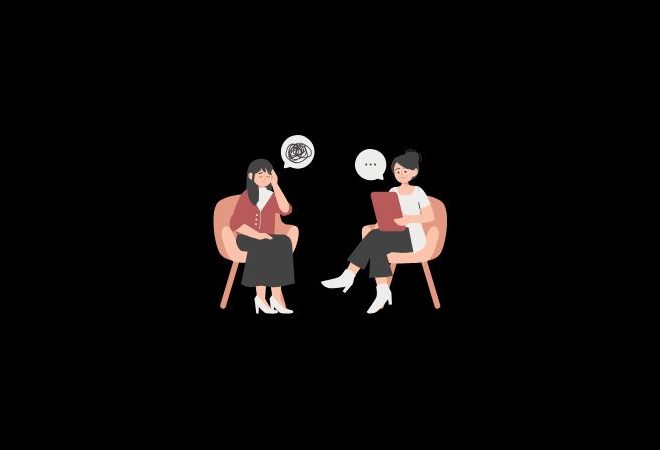
5 Steps To Defeating It
Affiliate hyperlink discover: As an affiliate of BetterHelp and different third-party distributors, We’ll obtain compensation in case you make a purchase order utilizing the hyperlinks offered on this web page. For extra data, go to our disclosure web page.
Final Up to date on November 22, 2024 by Randy Withers, LCMHC
Why is it that so many individuals scuffling with habit stay silent, usually struggling alone, afraid to ask for assist? The reply lies within the pervasive stigma surrounding habit.
On this article, we’ll discover why it’s essential to handle habit stigma head-on, the advantages of open conversations about restoration, and the way doing so can remodel lives and promote therapeutic. Learn on to know the significance of breaking down the partitions of silence and the way every of us can play a task in fostering a extra compassionate, supportive world.

The Roots of Habit Stigma
Understanding the roots of habit stigma is step one towards eradicating it. For many years, habit has been seen as an ethical failing quite than a medical situation. Individuals scuffling with substance use problems have been labeled as “weak,” “irresponsible,” or “harmful,” perpetuating dangerous stereotypes. These misconceptions have deepened the divide between these affected by habit and society as an entire, making it troublesome for people to hunt the assistance they desperately want.
The media usually fuels this stigma by portraying habit in a sensationalized and damaging gentle. Information stories regularly deal with the legal facets of habit, quite than the humanity of these struggling. This portrayal skews public notion and reinforces the concept that folks battling habit deserve punishment quite than therapy.
The Damaging Affect of Stigma
The consequences of habit stigma lengthen far past hurtful phrases or judgmental appears to be like. It impacts practically each side of an individual’s life, from their relationships to their capacity to entry healthcare and employment. Stigma can stop folks from acknowledging their struggles or reaching out for help, additional isolating them and exacerbating their situation.
When people really feel disgrace or embarrassment about their habit, they’re much less more likely to interact in therapy or share their journey towards restoration. This reluctance will be lethal. In accordance with the Substance Abuse and Psychological Well being Providers Administration (SAMHSA), solely a fraction of those that want therapy for substance use problems obtain it, usually due to stigma and worry of discrimination.
Why Speaking Brazenly About Restoration Is Important
Speaking overtly about restoration is not only useful; it’s transformative. When folks share their tales, they humanize habit and show that restoration is feasible. This visibility reduces stigma and creates a way of hope for these nonetheless struggling. It additionally builds a supportive group the place people really feel empowered quite than ashamed.
Take, for instance, the story of somebody who has efficiently overcome their habit. By overtly discussing their restoration journey, they will encourage others and present that substance use problems are treatable. This method not solely breaks down misconceptions but additionally promotes empathy and understanding.
Furthermore, open discussions about habit and restoration carry consideration to the broader difficulty of psychological well being. Habit usually coexists with situations similar to despair, nervousness, or PTSD. Addressing habit stigma, subsequently, additionally means elevating consciousness about psychological well being and the significance of holistic, compassionate therapy.
The Significance of Elevating Psychological Well being and Habit Consciousness
Psychological well being and habit are intertwined. Individuals with substance use problems usually tend to expertise psychological well being challenges, and untreated psychological well being situations can exacerbate habit. Elevating consciousness about this connection can drive systemic modifications, similar to improved entry to complete therapy that addresses each habit and psychological well being.
Public campaigns and group initiatives will be instrumental in spreading this consciousness. For example, organizations like Redemption Restoration emphasize the necessity for built-in therapy approaches that contemplate an individual’s whole well-being. By supporting such therapy facilities and their efforts, we will make significant progress towards a stigma-free society.
Actionable Steps to Fight Stigma
- Educate Your self and Others: Information is energy. Educate your self about habit as a persistent illness, not a selection. Share this data with buddies, household, and colleagues to problem outdated beliefs.
- Use Supportive Language: Phrases matter. Keep away from phrases like “addict” or “junkie” and as a substitute use person-first language, similar to “particular person with a substance use dysfunction.” This small change could make an enormous distinction in how folks understand habit.
- Hear With out Judgment: If somebody shares their expertise with habit or restoration, pay attention with an open thoughts and coronary heart. Providing help with out judgment generally is a lifeline for somebody feeling remoted.
- Help Coverage Modifications: Advocate for insurance policies that present funding for habit therapy and psychological well being companies. Your voice will help drive change on a societal degree.
- Share Tales of Hope: Should you or somebody is in restoration, contemplate sharing that journey. Tales of hope can encourage and inspire others to hunt assist and imagine of their potential for restoration.
Remaining Ideas
Breaking down the stigma round habit is just not an in a single day process, however each dialog issues. By addressing misconceptions, utilizing compassionate language, and sharing tales of restoration, we will create a world the place folks really feel secure searching for the assistance they want.
The highway to vary begins with every of us, one dialog at a time. Let’s remodel our communities into locations of therapeutic and help, the place stigma is changed with compassion and understanding.
Bear in mind, restoration is feasible, and it begins with breaking the silence. Collectively, we will make a distinction.
Let me know in case you favored this put up. Your suggestions is necessary!


